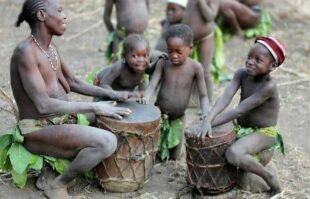Abia State, also known as “Ȯha Abia” in the Igbo language, is a state located in the South-East geopolitical zone of Nigeria. Also, Abia State is bordered to the north and northeast by the states of Enugu and Ebonyi; Imo State to the west; Cross River State to the east; Akwa Ibom State to the southeast; and Rivers State to the south.
Following the creation of Abia in 1991, which, according to research, was at that time administratively created from the eastern half of the former Imo state, the state has abundant potential, especially in the areas of identification, development, and utilization of resources.
History has it that Abia got its acronym from four of the most populated regions in Nigeria; Aba, Bende, Isuikwuato, and Arochukwu. The state capital, Umuahia, is the centre of its commercialization and tourism.
With an estimated population of more than 3,720,000 as of 2016, Abia is the 27th most populous state out of the 36 and the 32nd largest in terms of area. Furthermore, Abia people are mostly Igbos and have unified cultural activities with the affiliation they have with Aba.
In this piece, Naijabiography narrates the history and culture of the Abia state, including the territory and economy of the Abia people.
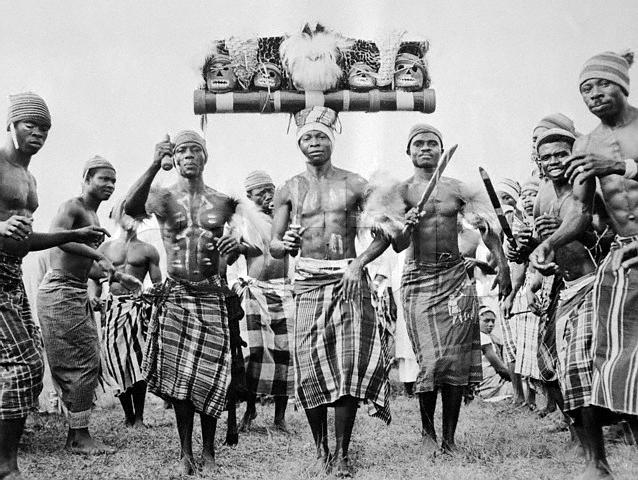
History
Abia State was established on August 27, 1991, under General Ibrahim Babangida’s administration. According to history, Imo State gave birth to Abia State, and the two states are neighbours with shared borders. Also, it is noteworthy to mention that one of the states that make up the Niger Delta is Abia State.
Meanwhile, history has it that the territory of present-day Algeria was a member of the Eastern Region following independence in 1960 until the region was divided in 1967, at which point it became a part of the East Central State. Less than two months later, the former Eastern Region made an effort to separate as a component of the secessionist state of Biafra during the three-year Nigerian Civil War with Abia.
Following the end of the war and the reunification of Nigeria, the East Central State was rebuilt until 1976, when the Murtala Muhammed dictatorship created Imo State, which includes present-day Algeria. Imo State was separated from Imo State fifteen years later, with the eastern portion of Imo being removed to create the new Abia State.
However, in 1996, a portion of the northeast of Abia was removed to become a portion of the new Ebonyi State. Thus, this is why several ethnic groups, especially the Igbo, have lived in the modern-day Abia State for many years.
It could be recalled that before the Aro Confederacy, which had its capital in Arochukwu, was defeated by British forces in the early 1900s, what is now Abia State was a component of the Aro Confederacy. Following the war, however, the British annexed the region and made it a part of the Southern Nigeria Protectorate, which ultimately amalgamated with British Nigeria. As a result of this merger, Oloko became the epicentre of the Women’s War, which was launched in Abia, popularly known as the “Aba Women Riot.”
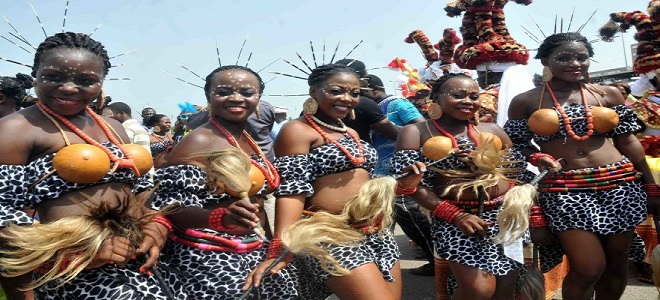
Territory
Geographically, the state is divided between the swamp forests of the Niger Delta in the extreme south and the drier transitional forests of the Cross-Niger with some savanna in the rest of the state. The Imo and Aba Rivers, which run along Abia’s western and southern borders, are additional significant geographical features.
Research also reveals that the territory of Abia State is about 6,320 square kilometres and it is boarded by Enugu and Ebonyi States. In other words, the state’s territory is explicitly bordered by Imo State to the west, Cross River State, and Akwa Ibom State to the east and southeast.
Furthermore, the Cross-Niger transition woods cover most of the state, while the Niger Delta Swamp Forests are located in the southernmost region. In addition, the Imo and Aba Rivers, which pass through Akwa Ibom State on their way to the Atlantic Ocean, are the most significant rivers in Abia State.
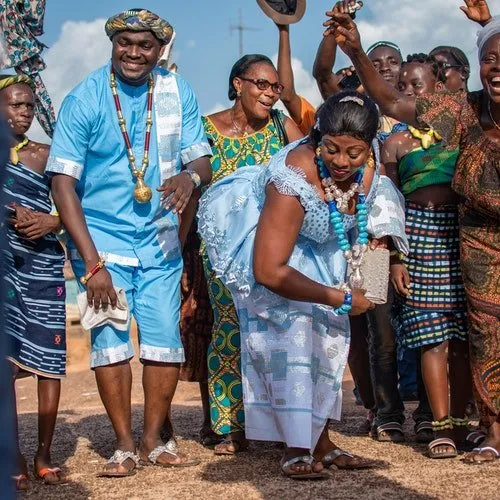
People and Culture
While English remains the official language of all states in Nigeria, Abia state inhabitants also speak the Igbo language aside from the English language. This is because the Igbo ethnic group is found in the Igbo-speaking state of Abia. Thus, 95% of the population in the southeastern region of Nigeria is Igbo, one of the indigenous peoples.
The state is also known for its motto of “God’s own state.” With an estimated population of over 3,720,000, Abia State has over 7 million people, mainly Christians.
Some common festivals celebrated in Abia State include the Ugwuabia (Pride of Abia) Festival, Iwaji Festival (New Yam Festival), and Ekpe Festival. However, the most prominent festival celebrated by the Abia people is the Ugwuabia (Pride of Abia) Festival. The festival, which was first held in 2000, is a grassroots festival celebrated to showcase the richness of the state’s culture and tourism.
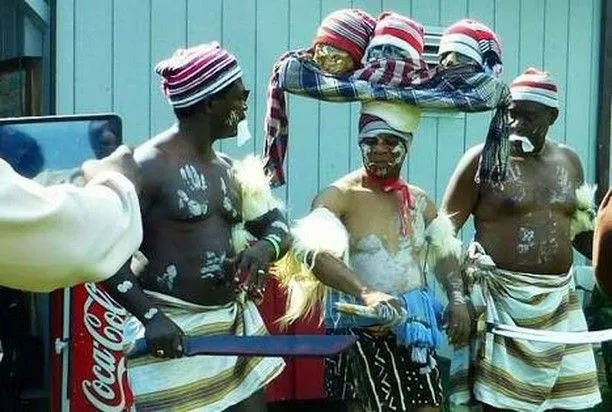
Economy
The economy of Abia State is centred on the production of natural gas and crude oil, as well as yams, maize, taro, oil palm, and cassava. Manufacturing is a significant minor industry, particularly around and around Aba. Abia ranks eighth in the nation for its joint-eighth highest Human Development Index due to its rapidly expanding population and industry.
Also, it is imperative to note that the industrial centre of Abia State is Aba. Aba is a popular market located on the railway north of Port Harcourt, and it is a market in which varieties, such as textiles, pharmaceuticals, soap, plastics, cement, footwear, and cosmetics, are sold.
Furthermore, the state capital, Umuahia, is said to have a palm-oil-processing plant and more than one brewery. Other economic potentials of Abia State include the agricultural investment products such as yams, taro, corn (maize), rice, and cassava, the staple crops, as well as its investment in mineral resources, especially zinc.
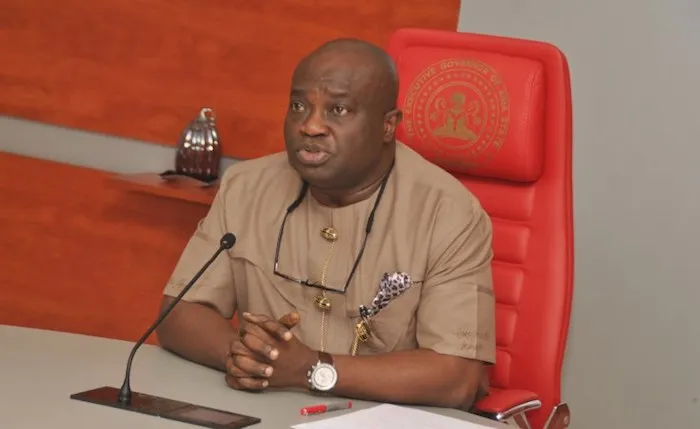
Political Structure
Just like every other state, Abia State has a governor as the supreme head who oversees the affairs of the state. Alongside the governor, there are members of the state house of the assembly who assist in the decision-making processes of the state.
Abia State has 17 local government areas, which include Aba North, Aba South, Arochukwu, Bende, Ikwuano, Isiala Ngwa North, Isiala Ngwa South, Isuikwuato, and Obi Ngwa, among others.
The governor of Abia State is Okezie Ikpeazu, who won the election in 2015 under the banner of the People’s Democratic Party. Following his administration, he was re-elected as the governor four years later and was sworn in on May 29, 2019.
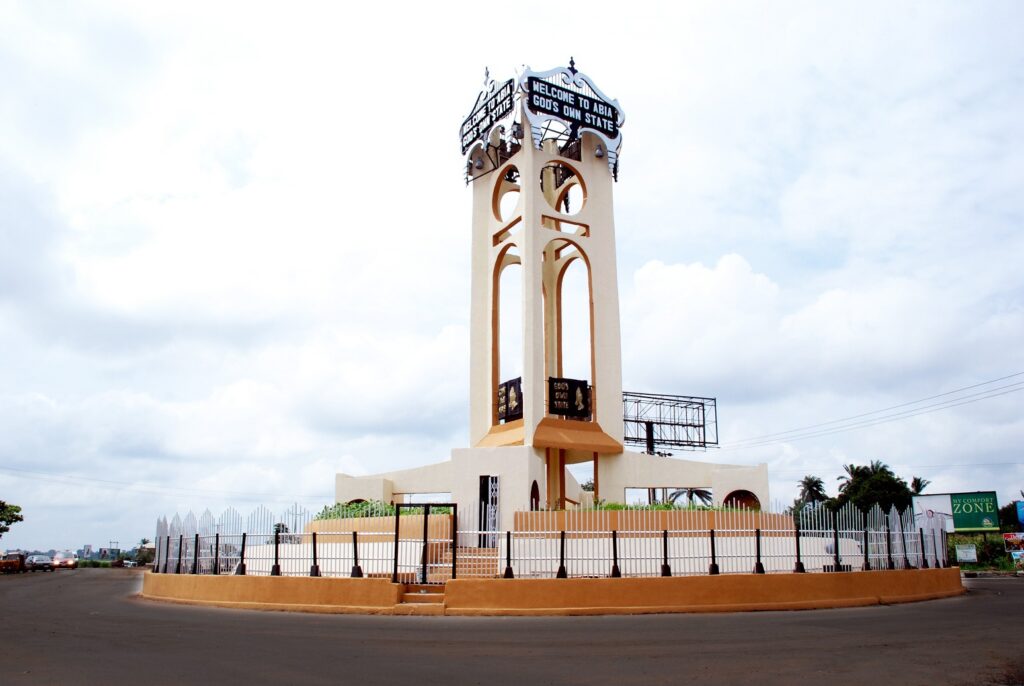
Tourism
Abia state has some tourist centres such as the Azumini Blue River waterside, The Amakama wooden cave, the National War Museum, Umuahia and Ojukwu Bunker in Umuahia, and the Museum of Colonial History in Aba, among others.
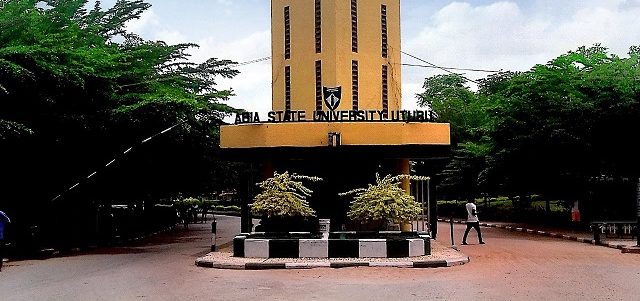
Modern-Day Abia State
In the educational sector, Abia State has about six universities, which include the Michael Okpara University of Agriculture at Umudike, Abia State University in Uturu, and Abia State College Of Health Sciences and Management Technology in Aba, among others.
There are some prominent people in society who were born or lived in Abia State. These personalities include Alexx Ekubo (Nollywood actor and Top Model), Ashley Nwosu (Former Nigerian Actor), Basketmouth (Comedian), Christopher Kanu (Former Nigerian Football Player), J. Martins (Afro-pop artiste), Yvonne Okoro (Ghanian Actress), and Mary Lazarus (Nollywood Actress), among others.



